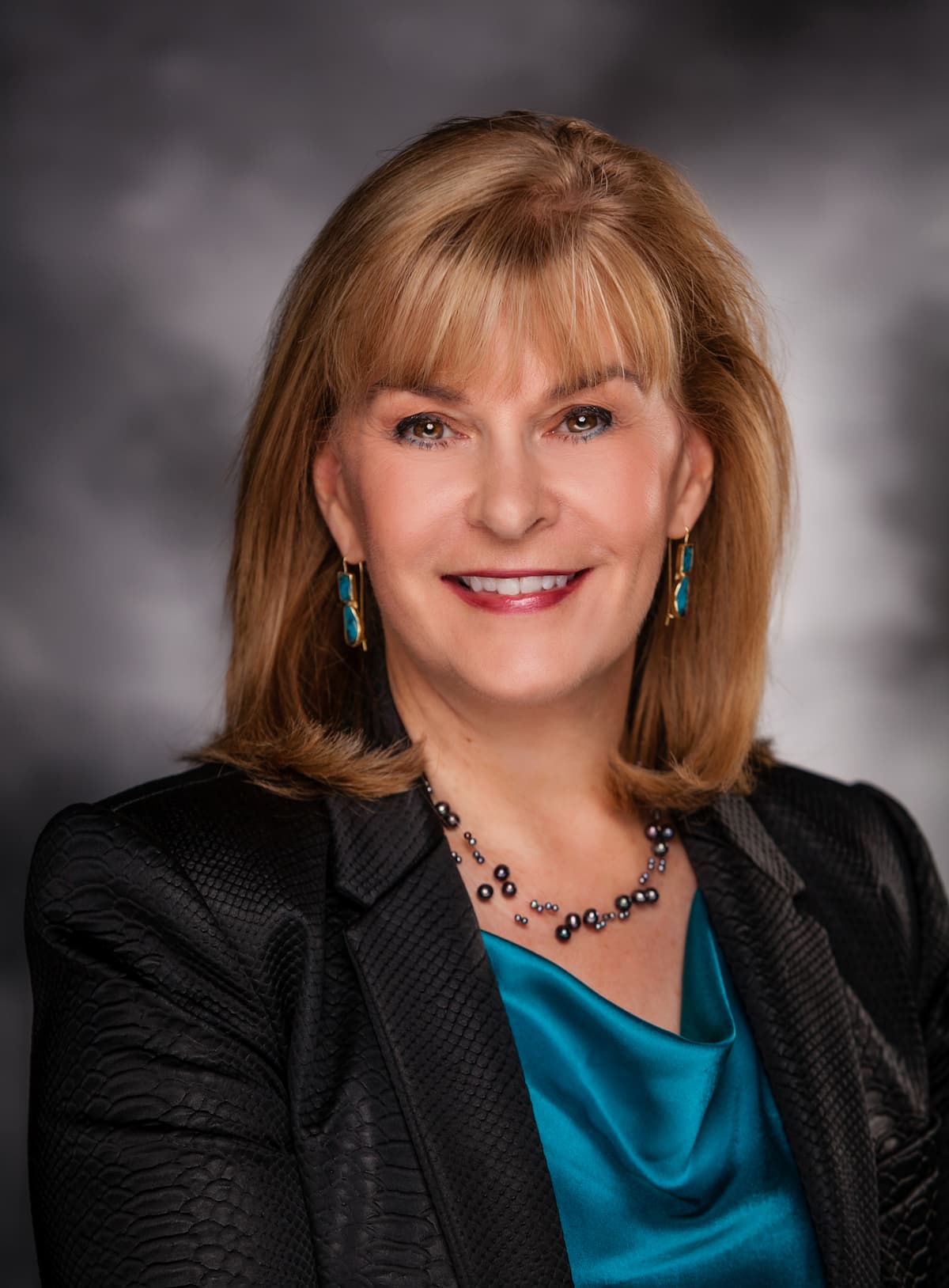
- ONCOLOGY Vol 35, Issue 11
- Volume 35
- Issue 11
LEADing the Way: Leadership, Empowerment, and Development Conference

ONCOLOGY® co-editor-in-chief Julie M. Vose, MD, MBA, recaps the 2021 Leadership, Empowerment, and Development Conference: Enriching and Supporting Women in Hematology and Oncology.
The LEAD 2021 conference recently brought together leaders in hematology-oncology for a daylong virtual event focusing on essential career development, networking, oral abstract presentations, and awards. What makes this conference different than all the other hematology and oncology conferences? LEAD stands for Leadership, Empowerment, and Development, Enriching and Supporting Women in Hematology and Oncology. This conference does not focus on the science or medicine of hematology-oncology, but instead focuses on presenting statistics on women in hematology- oncology leadership, the perceived barriers to advancement, and methods for overcoming these barriers.
LEAD had several unique aspects such as professional vignettes from hematology-oncology physicians, oral abstract presentations on diversity and inclusion, and an all-male panel discussing the male perspective on closing the gender gap in hematology-oncology. During the professional vignettes female physicians from academia, the pharmaceutical industry, and community practice discussed their stories and how they came to be the strong leaders they are today. These stories showed the remarkable resilience of the women who are subject to difficult circumstances in their personal or work environments and how they overcame these barriers. Abstracts were submitted for presentation on topics such as overcoming barriers, increasing diversity, and looking to the future of women in the hematology/oncology world. There was an excellent panel on resiliency and techniques to use for “treating” yourself and how to push the “reset button.” This conference, of which I severed as a co-chair, is a testament to how many outstanding and capable women are working in hematology-oncology.
Julie Silver, MD, who is affiliated with Spaulding Rehabilitation, Massachusetts General Hospital, and Brigham and Women’s Hospitals, gave the keynote address “Leadership Skills: How to Lead in a Man’s World.” Silver, who is associate professor and associate chair, Department of Physical Medicine and Rehabilitation at Harvard Medical School, has focused her research on improving gaps in the delivery of health care as well as workforce diversity and inclusion. She discussed how women are often excluded and looked over for positions of authority and how to overcome some of those barriers—such as education on business and leadership skills, involvement in key committees or teams, and volunteering for appropriate duties—that would be helpful in one’s career.
My favorite part of the meeting was a panel of male hematology-oncology leaders who talked about the male perspective on closing the gender gap in leadership. The panel (a “man-el”) was moderated by Elizabeth Plimack, MD, MS, Fox Chase Cancer Center, and featured Clifford Hudis, MD, FACP, FASCO, CEO of the American Society of Clinical Oncology; Thomas Lynch Jr, MD, president and director of Fred Hutchinson Cancer Research Center; Michael Caligiuri, MD, president of City of Hope National Medical Center; and Marty Whalen, vice president of Hematology at Bristol Meyers Squibb. My key takeaway from the panel was that it is critical for men to advocate for change. If all the committees are male dominated, there must be an advocate’s voice to point out the inequities and to bring forward deserving female candidates for
positions or awards. If 51% of the population is excluded from consideration, the position may not be filled by the most capable applicant. In addition, male leaders need to recognize the potential in all hematology-oncology physicians to enhance the infrastructure and be flexible to support their diverse needs.
The conference finished up with some practical tips on wealth wisdom and financial health for busy women professionals as well as 2 awards, Woman Oncologist of the Year, which was awarded to Pamela Kunz, MD, of Yale School of Medicine; and the Rising Star in Hematology-Oncology to Ana Velazquez Mañana, MD, MSc, of University of California, San Francisco Helen Diller Family Comprehensive Cancer Center. I look forward to the LEAD Conference next year and continuing education outreach on diversity and equity for female hematology-oncology physicians, hopefully at an in-person meeting.
Articles in this issue
about 4 years ago
A Rare Case of Glioblastoma With Extensive Liver Metastasesabout 4 years ago
Expert Commentary on the Product Profile of Tepotinibabout 4 years ago
How the Study of Leukemias Inspired a Decades-Long Careerabout 4 years ago
ONCOLOGY® Looks to Conference Agendas for Current TrendsNewsletter
Stay up to date on recent advances in the multidisciplinary approach to cancer.



































